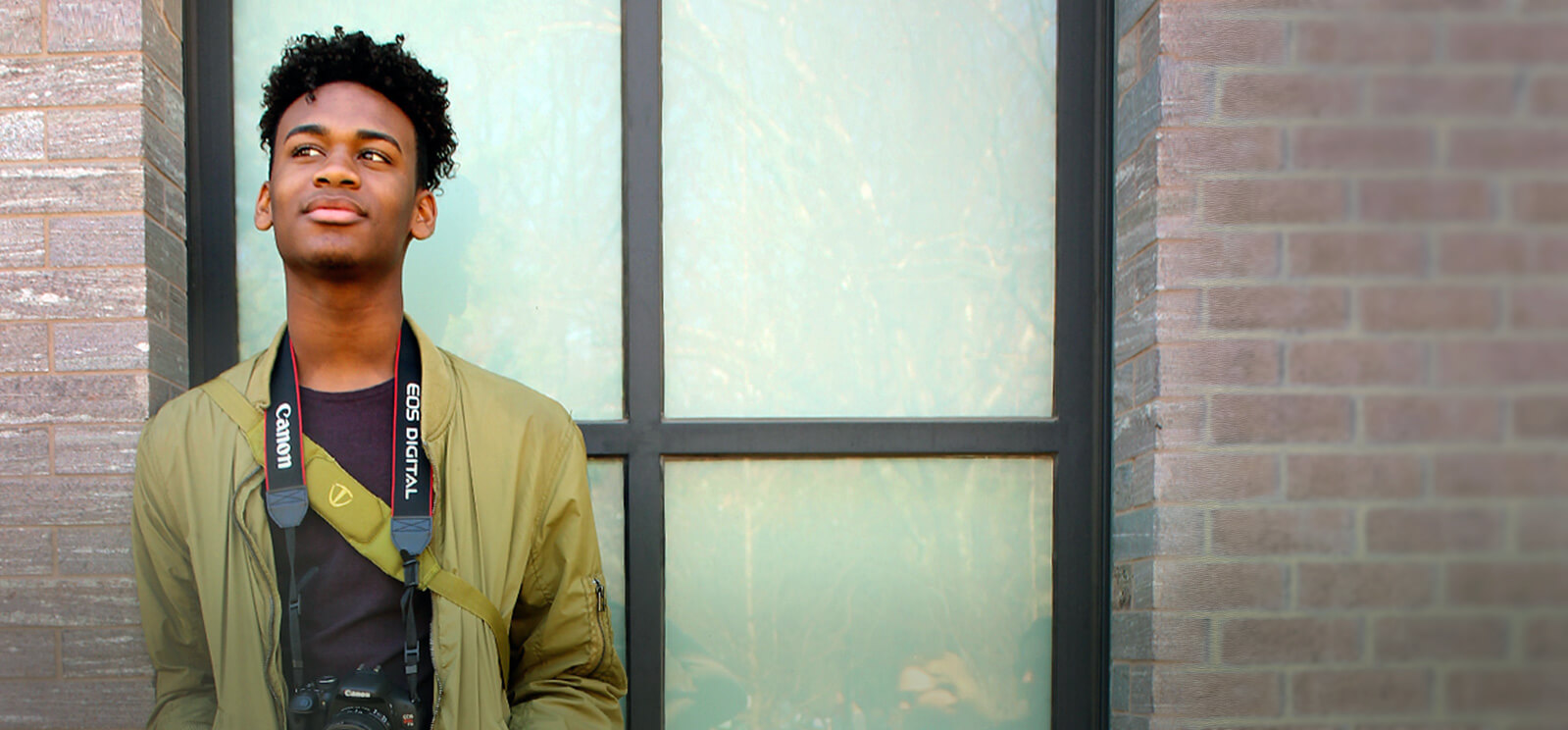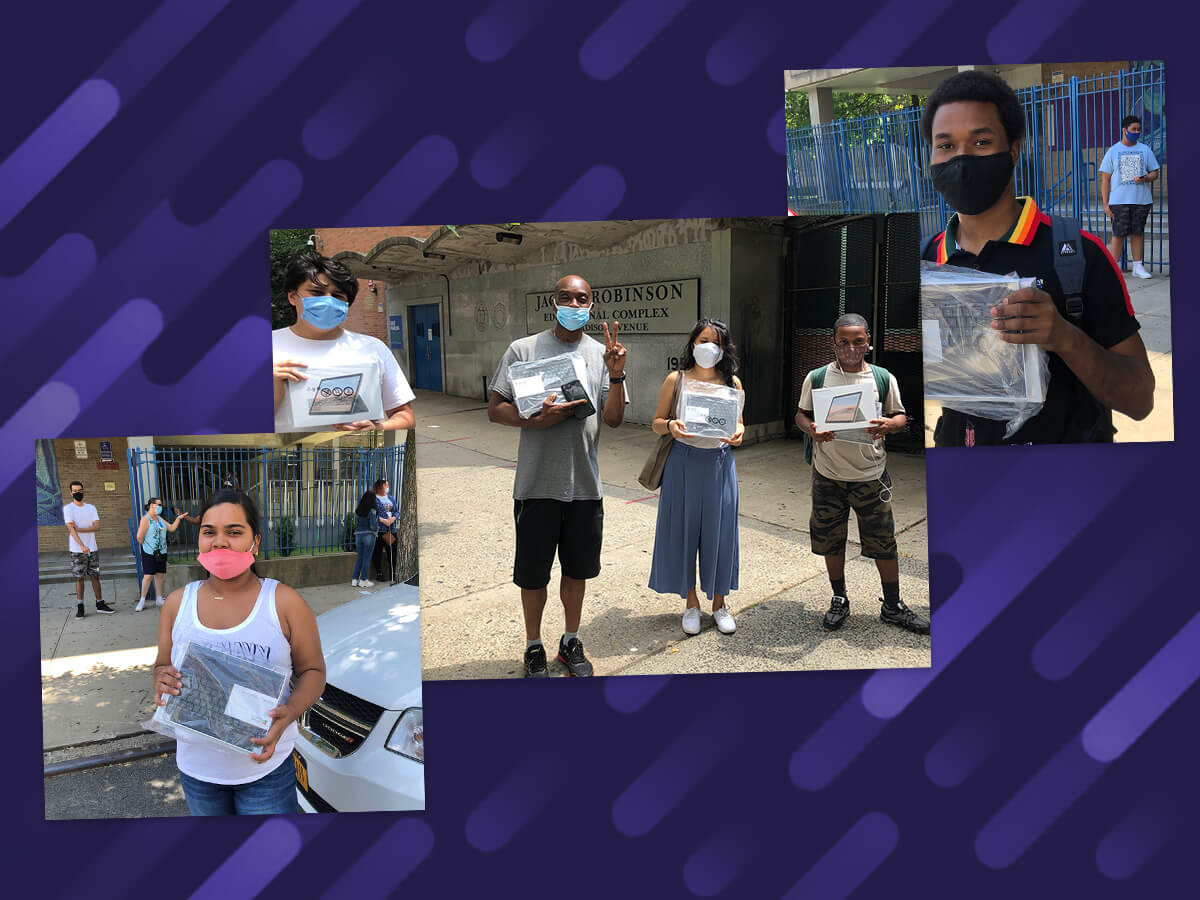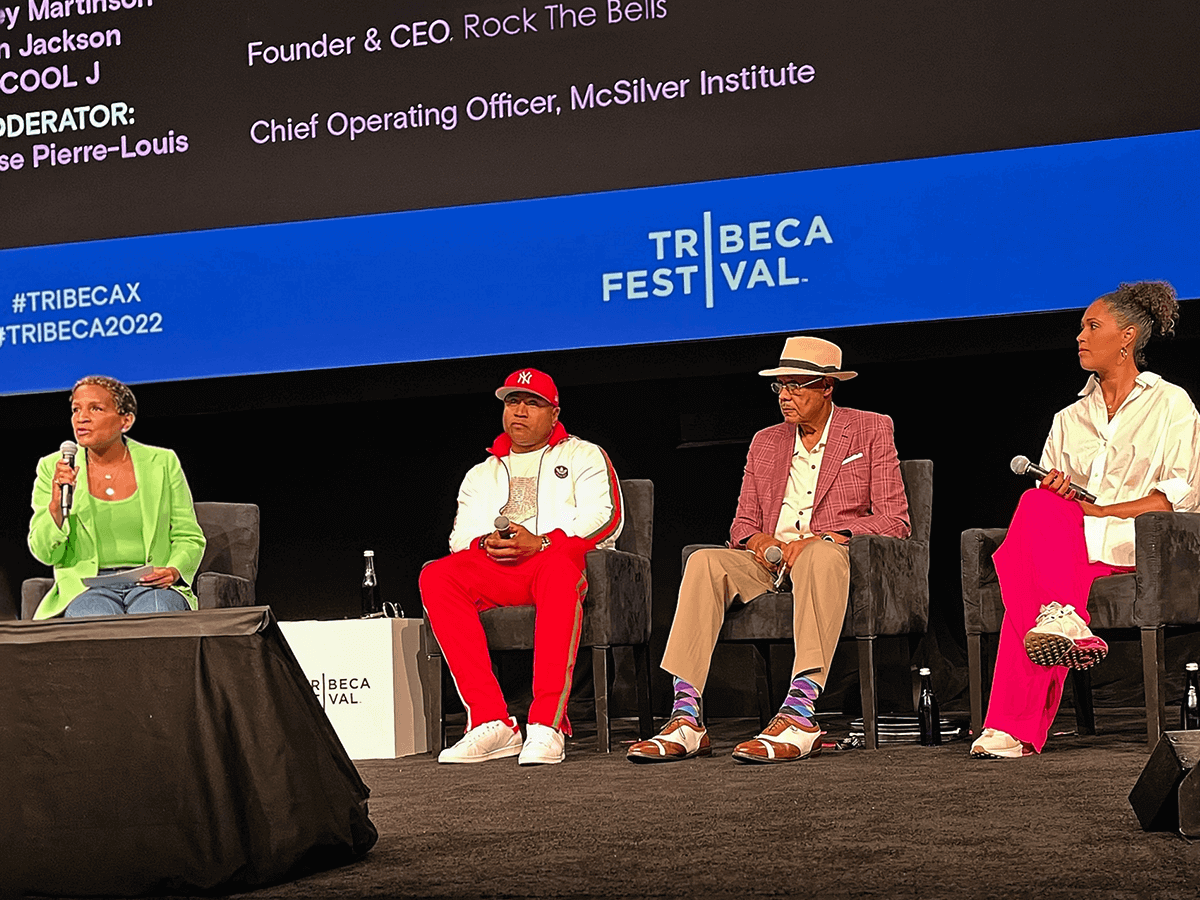About
An example of NYU McSilver Institute’s impact in communities, Step-Up was a youth development and mental health support program funded by the Robin Hood Foundation and New York City Department of Education (NYC DOE). It aimed to promote social-emotional development, key life skills, academic achievement, high school graduation, and a positive transition to young adulthood. The program was embedded within two New York City High Schools located in East Harlem and the Bronx.
Developed by the NYU McSilver Institute in collaboration with the Center for Collaborative Inner-City Child Mental Health Services Research (CCCR) at the Mount Sinai School of Medicine, Step-Up was designed for youth experiencing significant environmental, academic, social and emotional challenges. It was a multi-component, youth informed program that offered in-school life skills groups, one-on-one mentoring, mental health supports, structured opportunities for community service, and leadership development.
Our Approach
The program provided supportive services for teens experiencing challenges living within low-resourced communities to promote academic achievement and a positive transition to adulthood. It aimed to address ecological stressors that disproportionately affect Black and Latino youth and their families who are impacted by poverty and violence.
Components of Step Up included opportunities to participate in: (1) in-school youth group meetings centered on a life skills curriculum collaboratively developed with teens; (2) one-on-one meetings between diverse Step Up staff and youth; (3) intensive outreach to families and adult supports; (4) incentivized engagement; (5) out-of-school activities, trips, skill-building retreats; and (6) summer internships. Collectively these components built life skills, promoted positive youth development, identified and addressed individual student needs, and sustained engagement via opportunities for interaction with peers and staff throughout the program.
Outcomes
For 13 years Step-Up worked in partnership with youth, parents and staff out of 8 high schools. Most recently programming in two public high schools in the Bronx and East Harlem, the program served over 800 students (35% Black, 50% Latinx, 15% other) and achieved a graduation rate of 98 percent, among many other positive educational and mental health outcomes.
Recognition and Impact
Step-Up has frequently been cited as a compelling model by academic and news media. A June 10, 2021 article in Edutopia by Paige Tutt describes the importance of programs like Step-Up in the context of ongoing issues for Black youth mental health. Read “Breaking the Cycle of Silence Around Black Mental Health” at Edutopia.
In May of 2020, the New York City Council’s Committee on Finance invited the McSilver Institute to submit testimony on the effects that the COVID-19 pandemic is likely to have on the city’s school-aged children, and how NYC schools can address them. The testimony emphasized the successes realized by Step-Up in NYC schools.



